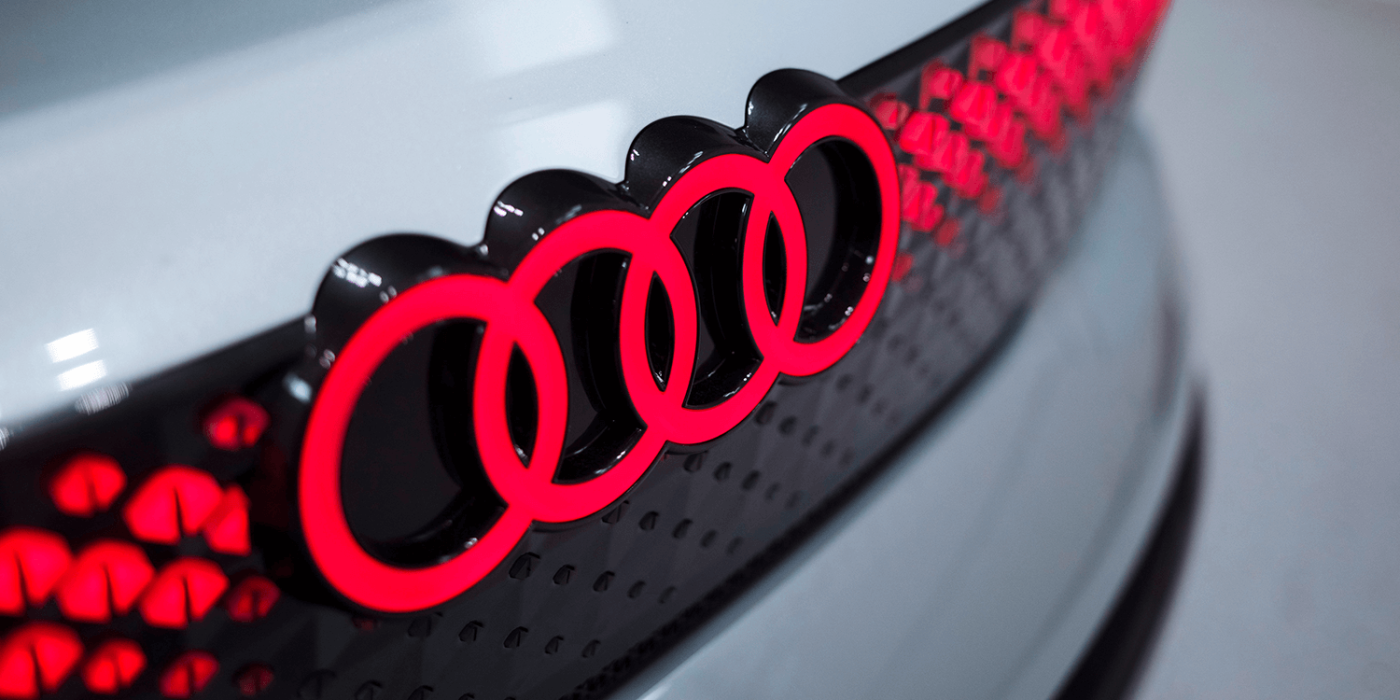SAIC & Audi to cooperate on vehicle development
SAIC has commented on the rumour that Audi is negotiating with SAIC to source an electric car platform from IM Motors. SAIC told the Chinese medium Jiemian that it had reached an agreement with Audi to jointly accelerate the development of electric cars.
++ This article has been updated. Please continue reading below. ++
Bloomberg also reports on the agreement. SAIC chief engineer Zu Sijie told China Daily that the form of the cooperation had not yet been finalised. Both technology licensing and joint development are possible.
Rumours first surfaced last week that Audi was planning to use another manufacturer’s platform for some of its upcoming electric models in China against the background that the Group’s new SSP platform is likely to be delayed by several years. Initially, it was unclear with which companies Audi was negotiating the platform licence or even a purchase of the platform. Later, a Reuters report revealed that it was probably SAIC and the EV platform of IM Motors (a joint venture with Alibaba).
A brief report from the Chinese portal Jiemian states: “SAIC and Audi agreed that the two parties will accelerate the development of electric vehicles through cooperation. Both sides agreed that the Chinese automotive market is undergoing unprecedented changes, so they will further deepen strategic cooperation.” SAIC also made very similar comments to Bloomberg, but in both cases, no further details were given.
As in the previous week, Audi would not confirm the talks with SAIC – although SAIC has already done so. An Audi representative told China Daily that the cooperation between the two companies is “limited to the products of their joint venture SAIC Audi”, which currently produces and sells Audi petrol and electric models.
Audi currently offers the MEB models Q4 e-tron and the Q5 e-tron in China. The latter has nothing in common with the internal combustion model (built in Mexico), but is the Audi offshoot of the VW ID.6 X, an electric SUV for the Chinese market. Both models come off the production line together in Anting. Audi also has a joint venture with FAW in China that focuses on electric cars. Electric cars based on the PPE are to be built in a joint plant in China from 2024. However, Audi is to contribute the electric platform developed jointly with Porsche. Exactly what the potential collaboration with SAIC or IM Motors might look like remains unclear. “It will be a process during which we learn from each other to seek win-win results,” SAIC chief engineer Zu explained.
IM Motors is a Chinese joint venture between SAIC and Alibaba, but controlled by SAIC. The company started series production of its first model, the IM L7 electric luxury sedan, in March 2022. At the end of 2022, IM Motors presented its second series model, the LS7 electric SUV. The L7 is exactly five metres long, has an electric all-wheel drive with 400 kW system power and uses battery cells from CATL; earlier reports spoke of two options with 93 or 115 kWh.
Update 24 July 2023
Only shortly after SAIC confirmed the agreement with Audi, there are further details. For example, the joint production of e-cars is to start much earlier than expected. Two electric sedans based on the 800-volt platform of IM Motors are to be produced in Shanghai as early as next year. These will be electric cars of the A3 and A4 series. Furthermore, SAIC and Audi want to “develop a new joint technical platform for future electric models, which is to be launched on the market from 2027/28”.
For the time being, the focus is on mid-range electric vehicles, according to the German publication Handelsblatt. FAW, the second Audi partner in China, is to continue the existing model portfolio with combustion engines and additionally manufacture the Audi electric models of the luxury class. Audi continues to leave the cooperation with SAIC uncommented, although according to group circles these are said to be “well advanced”.
If this were to happen, Audi manufacturing the mid-range electric cars together with SAIC and the internal combustion and luxury electric cars with FAW would be a departure from the previous scheme. In this scheme, both joint ventures often offered the same models, as VW still does in China with the ID.4 X and ID.4 Crozz via the two joint venture partners. At Audi, this double production is to be eliminated in future, according to the report.
The software will continue to come from Audi itself. “Unlike the MEB technology of the parent company, the Chinese platform can be equipped with the software that Audi has planned for the larger models in its portfolio,” writes the Handelsblatt.
jiemian.com (in Chinese), bnnbloomberg.ca, chinadaily.com.cn, handelsblatt.com (update, in German)





1 Comment